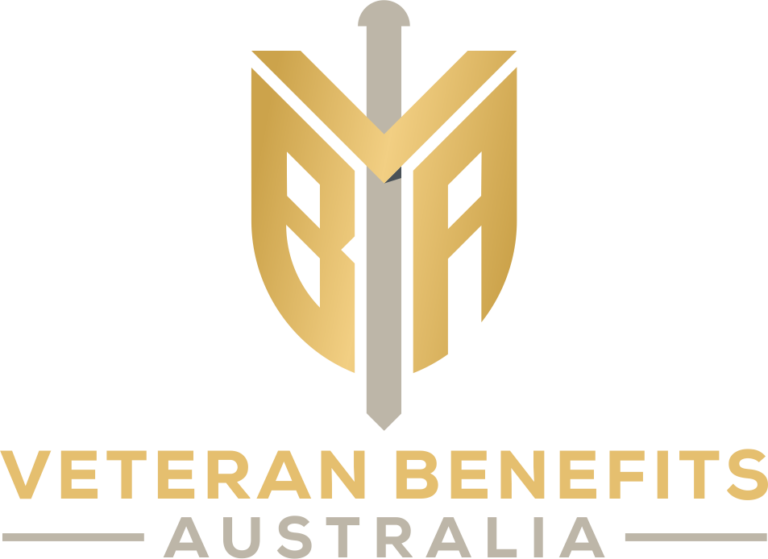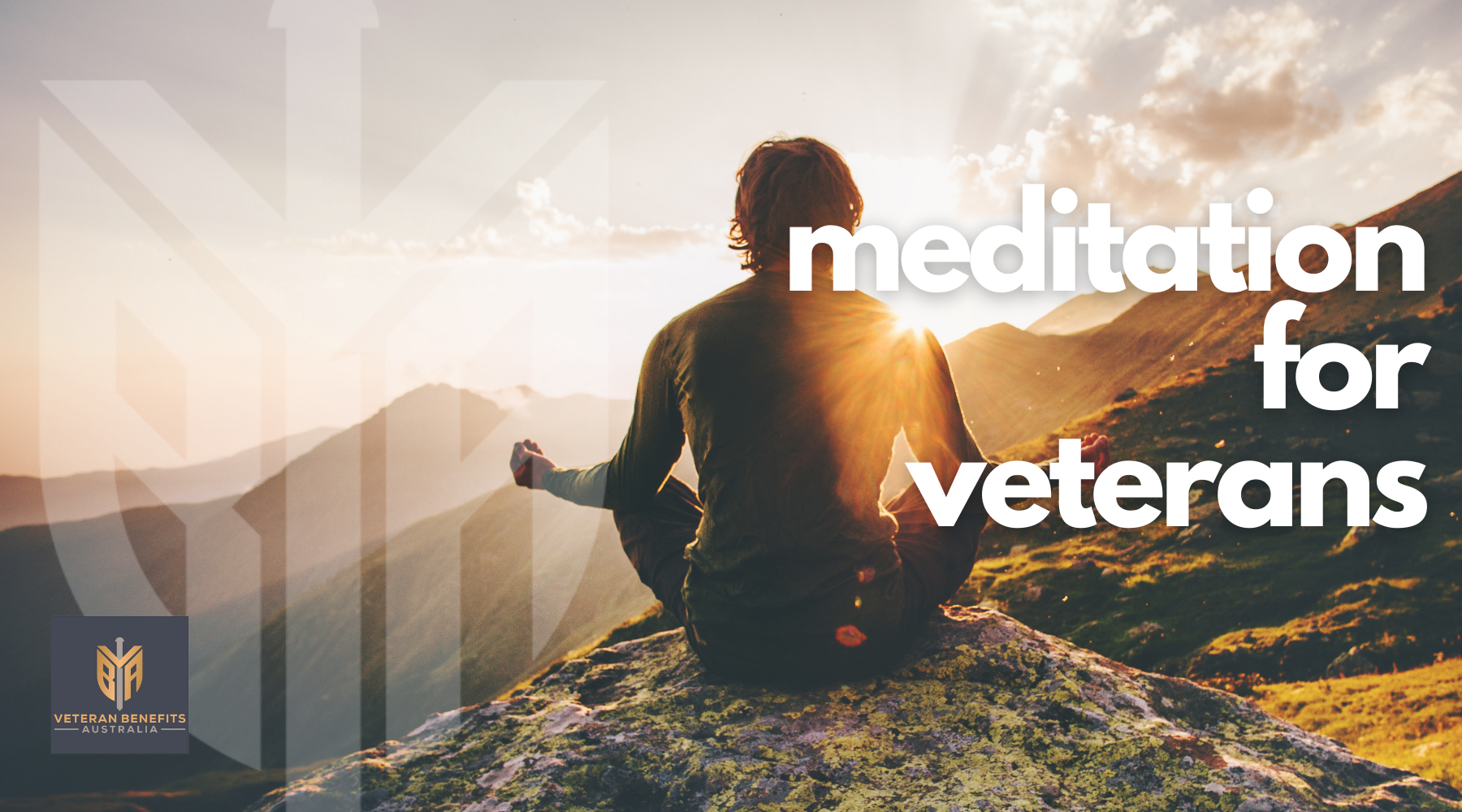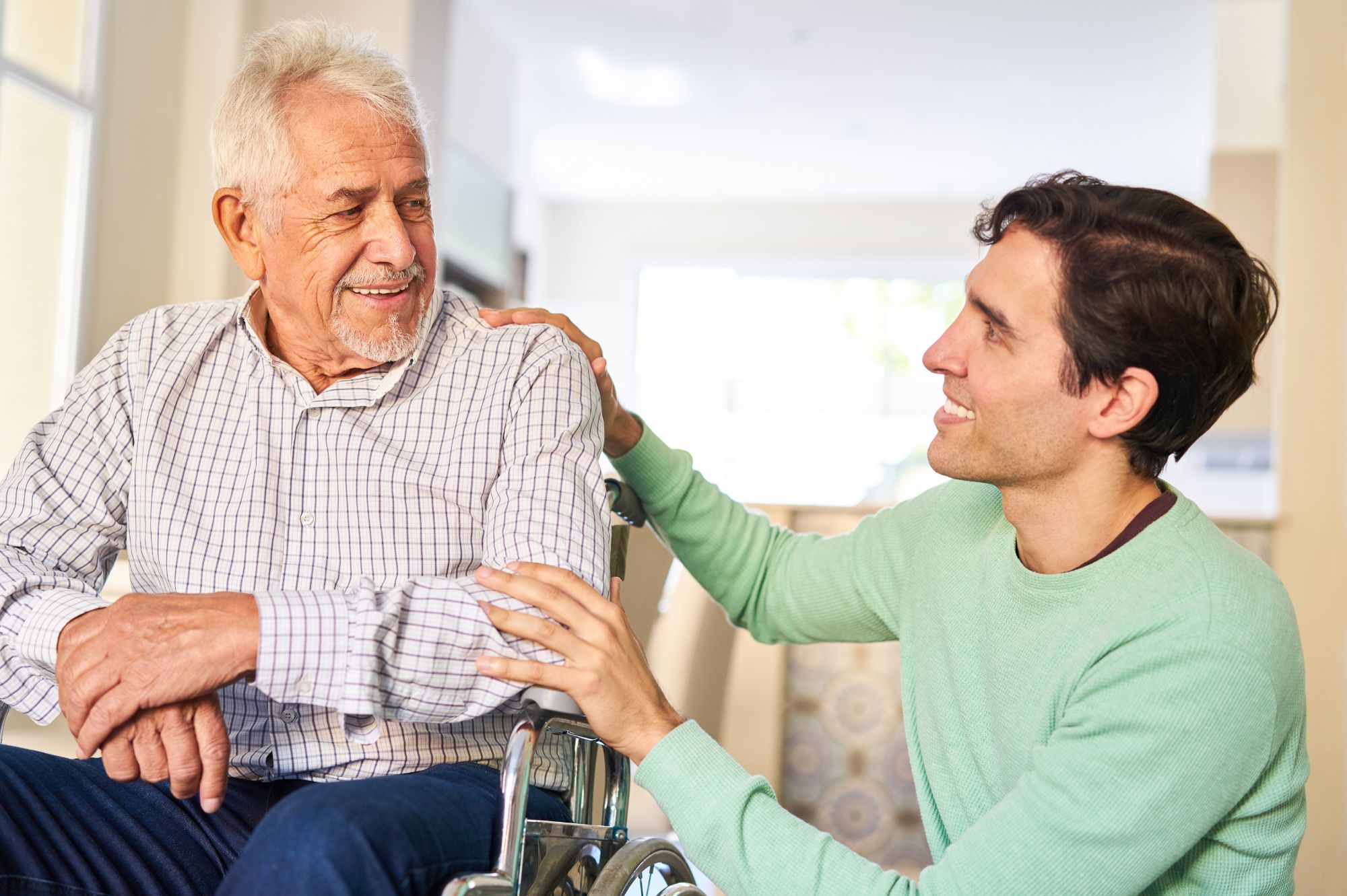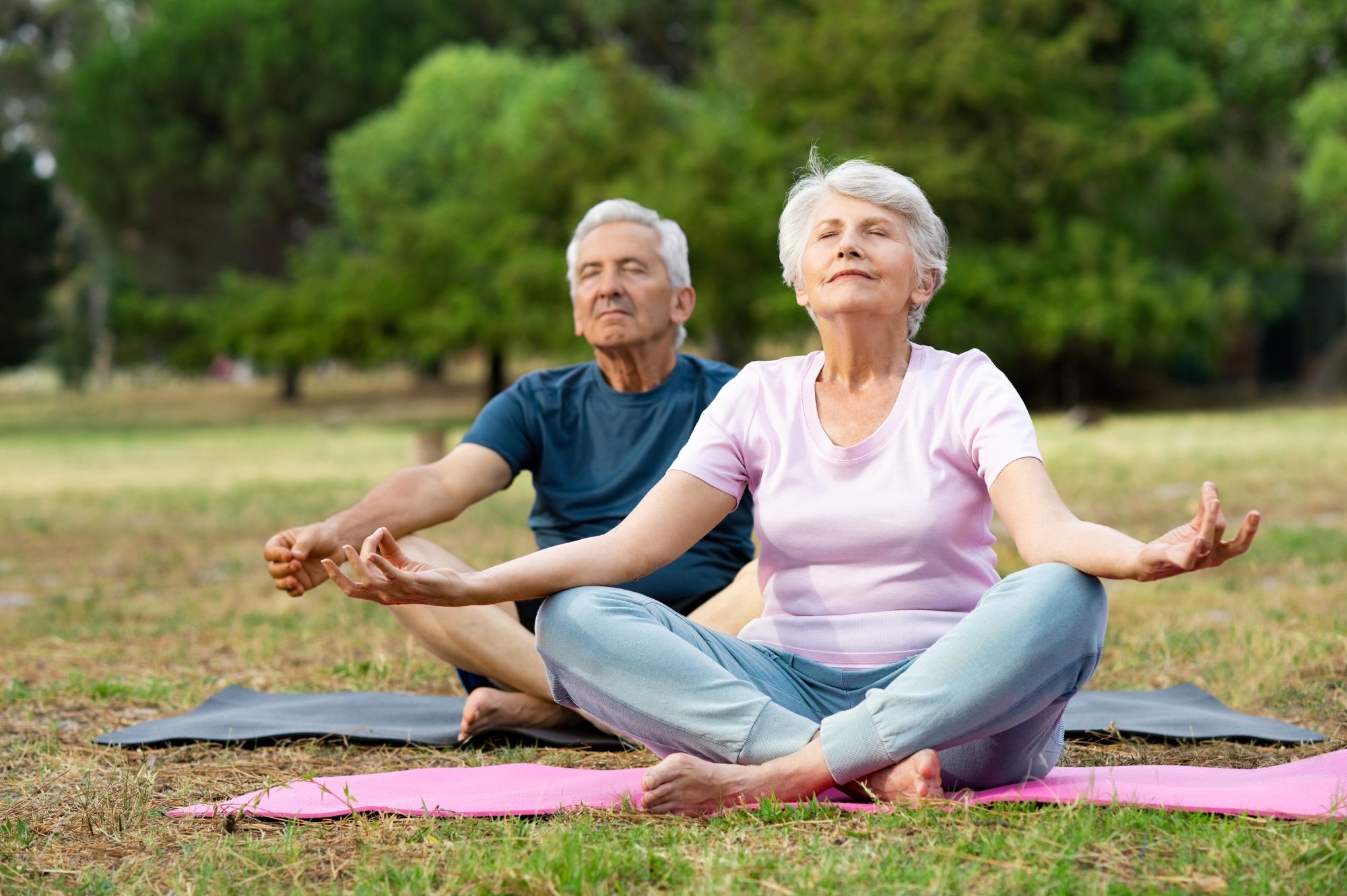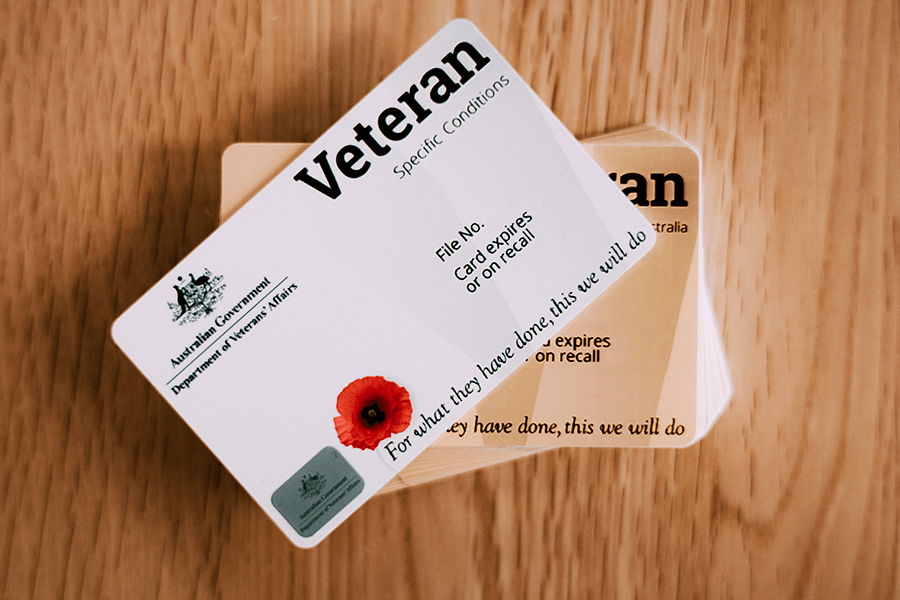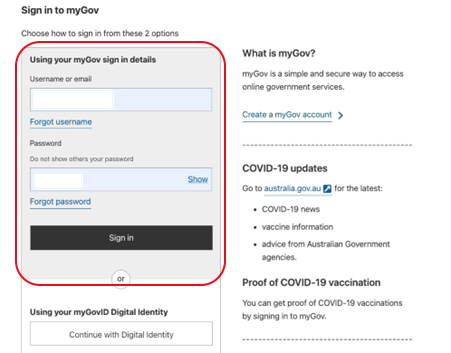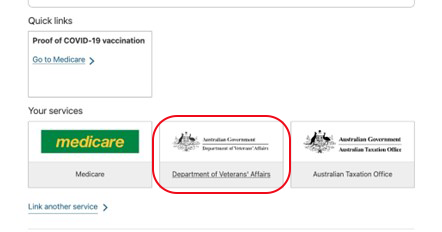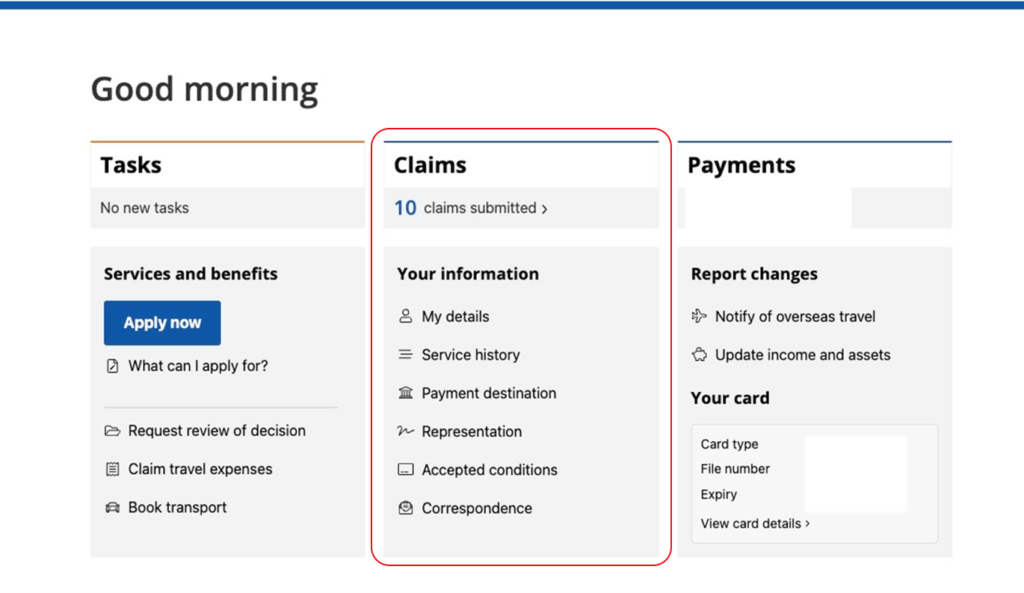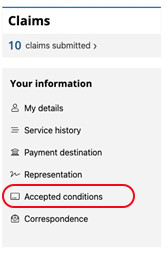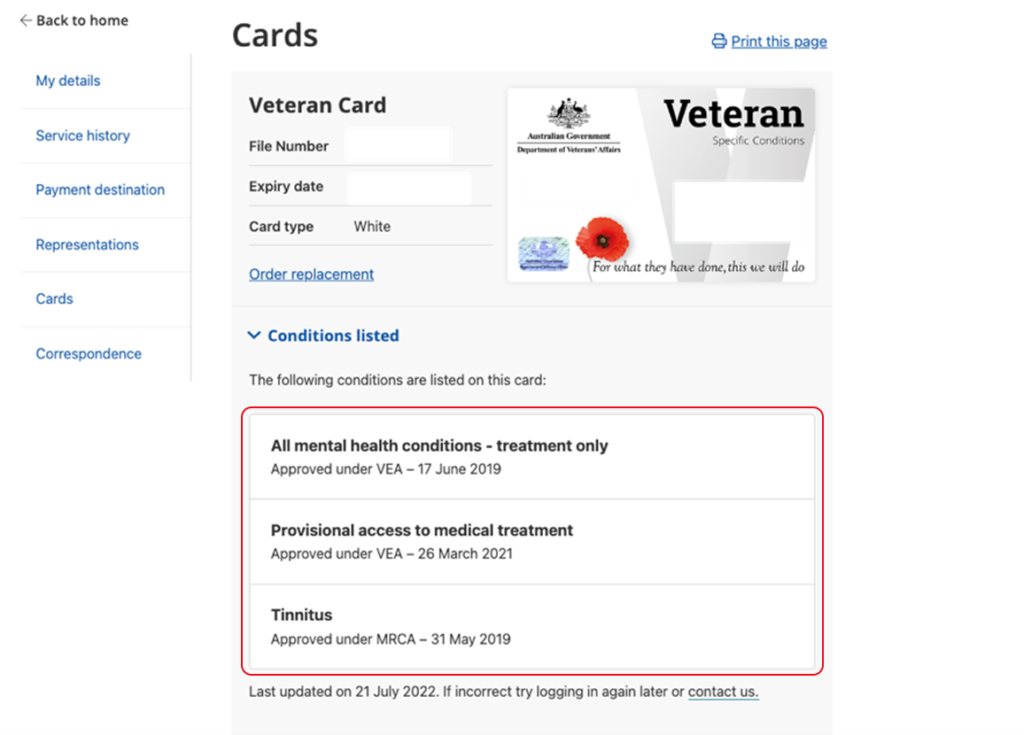Meditation: Why Do So Many Veterans Swear By it?
Meditation is helping thousands of Australian veterans lead an easier and calmer life by equipping them with the skills for things like better controlling their anger and any depressive thoughts, improving their empathy and understanding, managing sudden flashbacks or negatively reliving the past. It is also helping veterans to build stronger relationships with others, prevent relapses – and even helps them to improve a range of important and limiting mental health conditions, including post-traumatic stress disorder (PTSD) and depression.
While the idea of meditation may be initially met with hesitation due to a stereotyped image of a person on a yoga mat with their legs crossed and eyes closed, meditation doesn’t need to be bound by a place, position, or even a specific length of time. Instead, it aims to help a person focus their mind, bring it back to the present moment, to help cultivate general physical and mental well-being, as well as working on specific skills such as concentration, compassion or insight.
So why are so many veterans here in Australia and worldwide swearing by meditation, what does meditation really look like, and how can you access fully-funded DVA meditation training that is uniquely designed for your life, challenges and goals, taught by a qualified psychologist? Here’s the low-down on meditation for your mental health.
What Is Mediation?
Meditation is a skill that helps you gain awareness and perspective into your thoughts and feelings and why they arise, without judgement, so you can better understand and manage them. Meditation comes hand-in-hand with mindfulness, which describes the ability to be fully present, aware of where you are and what you’re doing in the moment, staying fully engaged without being overwhelmed or reactive to what’s unfolding around you.
Meditation is a proven, powerful strategy with a growing body of evidence for its benefits to veterans. The physical health benefits of meditation include:
- Lower heart rate
- Lower blood pressure
- Lower blood sugar and cholesterol levels
- Better digestion
- Less muscle tension
- Better sleep
- Stronger immune system
While the physical health benefits are impressive, it’s the mental health benefits that are often accredited to transforming lives – particularly in the areas of post-traumatic stress disorder and depression, among many others.
Meditation For PTSD
PTSD can occur in anyone who has experienced or witnessed a traumatic event – and for veterans, there are often many that arise from their time in service. The result is feelings of anxiety, anger, avoidance, unwanted memories or nightmares, heightened reactions and more, long after the event has passed.
Meditation has continuously shown in studies to lessen the symptoms of PTSD while maintaining a high satisfaction rate among vets within the meditation program. It also achieves this without causing veterans to relive their trauma. It doesn’t take long to reap the benefits, either. As little as 90 minutes of meditation per week – or less than 15 minutes per day, was shown to lessen the symptoms of PTSD in veterans more effectively than a program involving psychoeducation, relaxation and sleep hygiene.
Meditation For Depression
The military environment can act as a catalyst for the development and progression of depression. Being separated from support systems and loved ones, the stressors faced in combat, and seeing themselves and others in harm’s way have all been found to increase the risk of depression in veterans.
Meditation has been shown to reduce the symptoms of depression, while improving mindfulness and a veteran’s quality of life. Significant results for depression have been found in as little as 12 weeks, and improvements in both depression and PTSD are closely linked.
What Does Meditation Look Like?
After gaining much popularity worldwide with an estimated 200 – 500 million people practising meditation, it is now a central component of mind-body medicine and used as part of a care for people of a range of ages, locations and abilities.
In Australia, what a veteran’s unique meditation plan looks like depends on the challenges they are facing and what is deemed best by their DVA-funded psychologist. This may incorporate one or more of four primary types of mediation:
- Compassion meditation: meditation that repeats certain phrases that are designed to enhance empathy and a sense of connection to other people, as well as compassion for themselves and others, empathy. This may benefit veterans who have challenges establishing emotional connections with others or socialising.
- Transcendental meditation (TM): medication that involves silently repeating a mantra given by their TM practitioner. This is typically in the form of a specific sound, word or short phrase, and is done silently in a person’s mind for a set time.
- Mantra meditation – meditation that uses a simple and meaningful mantra to redirect the energy that may be otherwise spent on negative thinking. This can be done any time, any place and for any amount of time, making it a good choice for veterans who don’t care to quietly sit and meditate each day.
- Mindfulness meditation – meditation that encourages veterans to be aware and mindful of the present moment, allowing thoughts to come and go without any judgement or reactions, with a particular emphasis on deep breathing.
Aside from reducing symptoms of mental health conditions or physical health problems, meditation and the training completed with your psychologist can also help in areas like learning to live with intention and set priorities, slowing the body and mind in order to relax instead of feeling overwhelmed, effectively focusing on one thing at a time to help reduce feelings of stress, recognising and interrupting a stress or anger response like road rage, and much more.
Fully-Funded Meditation And Psychology Services With DVA
If you’re feeling depressed, anxious, suffering from PTSD or struggle managing the challenges, thoughts and emotions that daily life brings, now is the best time to talk to a DVA-funded psychologist. Making an appointment opens the door to discussing your concerns and seeing if meditation could be right for you – and if not, if they can still help with the wide range of other tools and services they offer to help you overcome your challenges. You only need to have served one day in the Australian Defence Force, including reservists, to access these services.
Accessing a psychologist under DVA starts with an appointment to see your GP or medical specialist. During this visit they will perform a comprehensive veteran health check and then provide a referral to the psychologist. You can then make a booking with a psychologist that offers DVA-funded care on your own – or get connected to our trusted network of psychologists through Veteran Benefits Australia at no cost to you. This ensures that you get connected to the best provider given your unique circumstances, goals and concerns, and someone that we know has extensive experience with understanding and working with veterans like yourself.
Join Thousands Of Australian Veterans Today
Many Australian veterans know they need more help with their health or to access a service, but aren’t sure where to start, and so put off the process. Here at Veteran Benefits Australia, we are dedicated to connecting Australian veterans to the full range services they are entitled to and can benefit from, so they don’t miss out from not being familiar with how the system works, or not having all the right information about their entitlements.
Our team provides a fully-funded service to support you in making sure you have access to the very best services available. To get started, fill in the contact form below.
